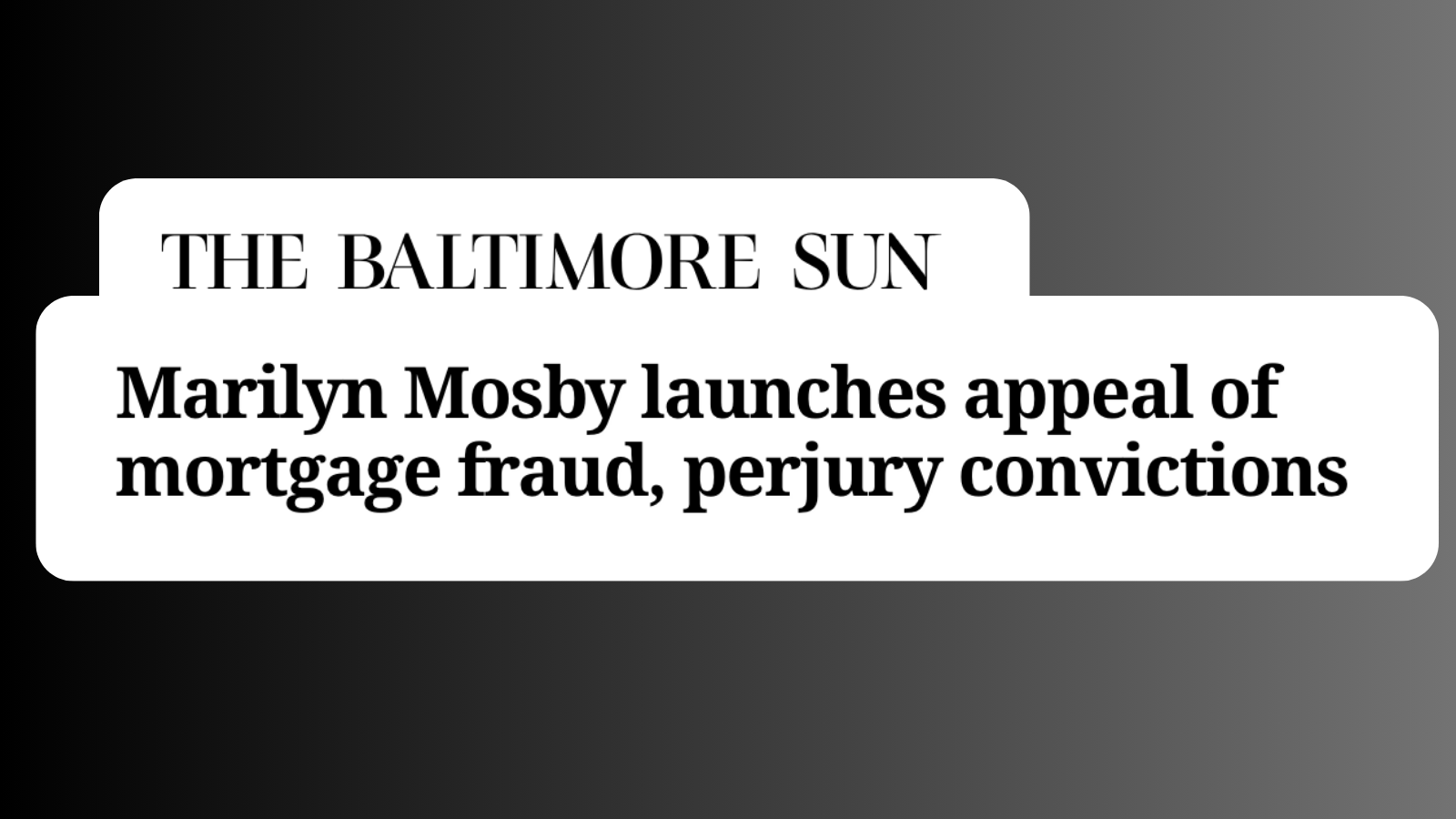Ninth Circuit approves video evidence in FMLA certification case – Technologist
The U.S. Ninth Circuit Court of Appeals recently ruled that it was acceptable for an employer to present non-medical, video evidence from a hired private investigator at trial to demonstrate that an employee didn’t have a serious health condition under the federal Family and Medical Leave Act (FMLA).
Employee’s Injury Claim Questioned as Surveillance Contradicts Diagnosis
The employee sought time off from work after an alleged workplace injury that he didn’t report to the employer until the end of his shift. The employee had no visible injuries, but based on his complaints of pain, the health care provider diagnosed him with a chest contusion and muscle spasms and took him off work for 18 days after the alleged accident. The employer found no physical evidence of an accident and then hired a private investigator to follow the employee while on FMLA leave. The investigator captured video footage of the employee performing physical activities in public view with no signs of difficulty or discomfort.
Jury Backs Company in FMLA Dispute, Employee Appeals Over Medical Certification
Following the employee’s return from FMLA leave, he was terminated for faking his injury and violating company policy. The employee filed a lawsuit, claiming that his employer’s actions interfered with his FMLA rights. After watching the private investigator’s video during the trial, the jury returned a verdict in favor of the company. The employee appealed to the Ninth Circuit, saying the company should have been limited to the initial medical certification because it never challenged the certification by requesting a second opinion or a tiebreaker third opinion.
Court Affirms Employer’s Right to Use Video Evidence Over Medical Certification in FMLA Case
The FMLA statute and regulations state that an employer who has reason to doubt the validity of an initial medical certification “may” request the opinion of a second or third health care provider. (See the FMLA regulations at 29 CFR 825.307.) The court concluded that asking for a second or third opinion is optional—in this case, the company was free to consider the video evidence in deciding that the first certification was wrong (Perez v. Barrick Goldstrike Mines, Inc., 9th Cir, June 2024).
Tips: This is a rare win for employers in the context of the FMLA. Rejecting an employee’s medical certification from a health care provider can be risky, so it is generally best to closely follow the regulations to ensure success. Before denying FMLA leave based on an employee’s medical certification, see our Legal Guide, FMLA: Certification Procedures and our recent Vigilant newsletter article, Q&A: Follow FMLA procedures for verifying medical certifications (7/11/2024). Vigilant members can call their Vigilant Law Group employment attorney with any specific questions.


